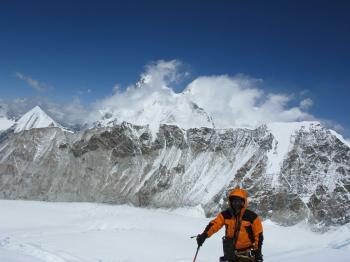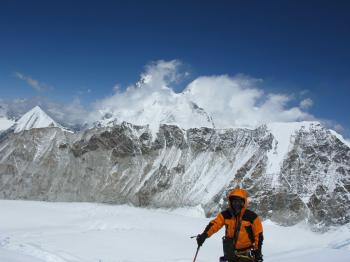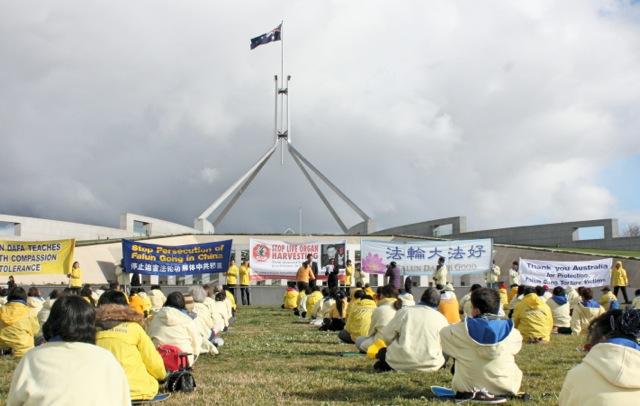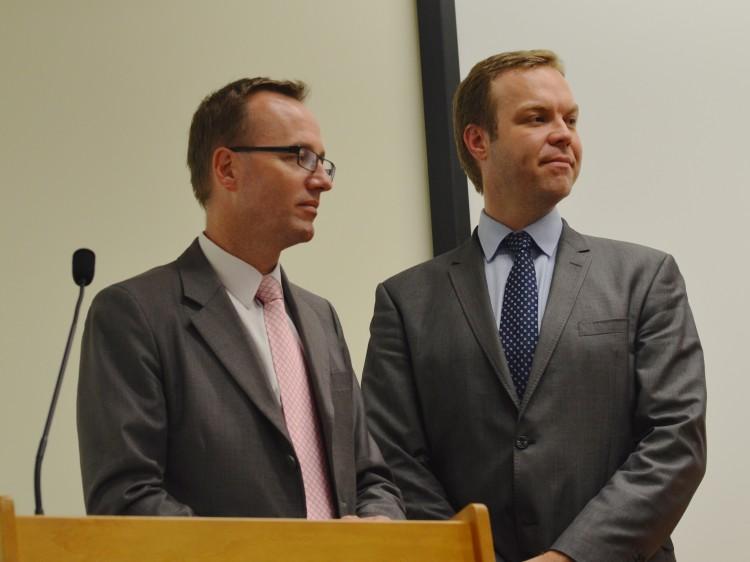SYDNEY—He is just as casual about conquering the world’s highest mountains, as he is about dying while doing so. That is Andrew Lock – one of the world’s most accomplished high altitude mountaineers.
Mr Lock is determined to become the 15th man in the world and the first Australian to scale all of the fourteen 8000-metre peaks – a project he symbolically called “Summit 8000”.
With just one to go – Mount Shishapangma in Tibet – and thirteen other 8000-metre mountains already under his belt, Mr Lock admits he is lucky to still be alive. But his matter-of-fact attitude and acceptance of the danger almost makes the adventures sound more enjoyable than deadly.
“In a mountain environment, I understand it’s a very high risk activity…and there will be accidents and people will die. Hopefully it won’t happen very often,” he says casually.
While 12 men have stood on the moon, only 14 have so far successfully climbed all 8000-metre mountains and at least 20 have died while trying to do so. Known as the “death zone”, the 8000m altitude puts the body into severe oxygen deprivation in an environment where atmospheric pressure falls to a third of normal sea-level reading. The heart races at up to 200 beats per minute and the air is extremely dry and cold, causing throat infections and perpetual coughing. The brain is starved of oxygen and must operate in a virtual fog with constant headaches.





